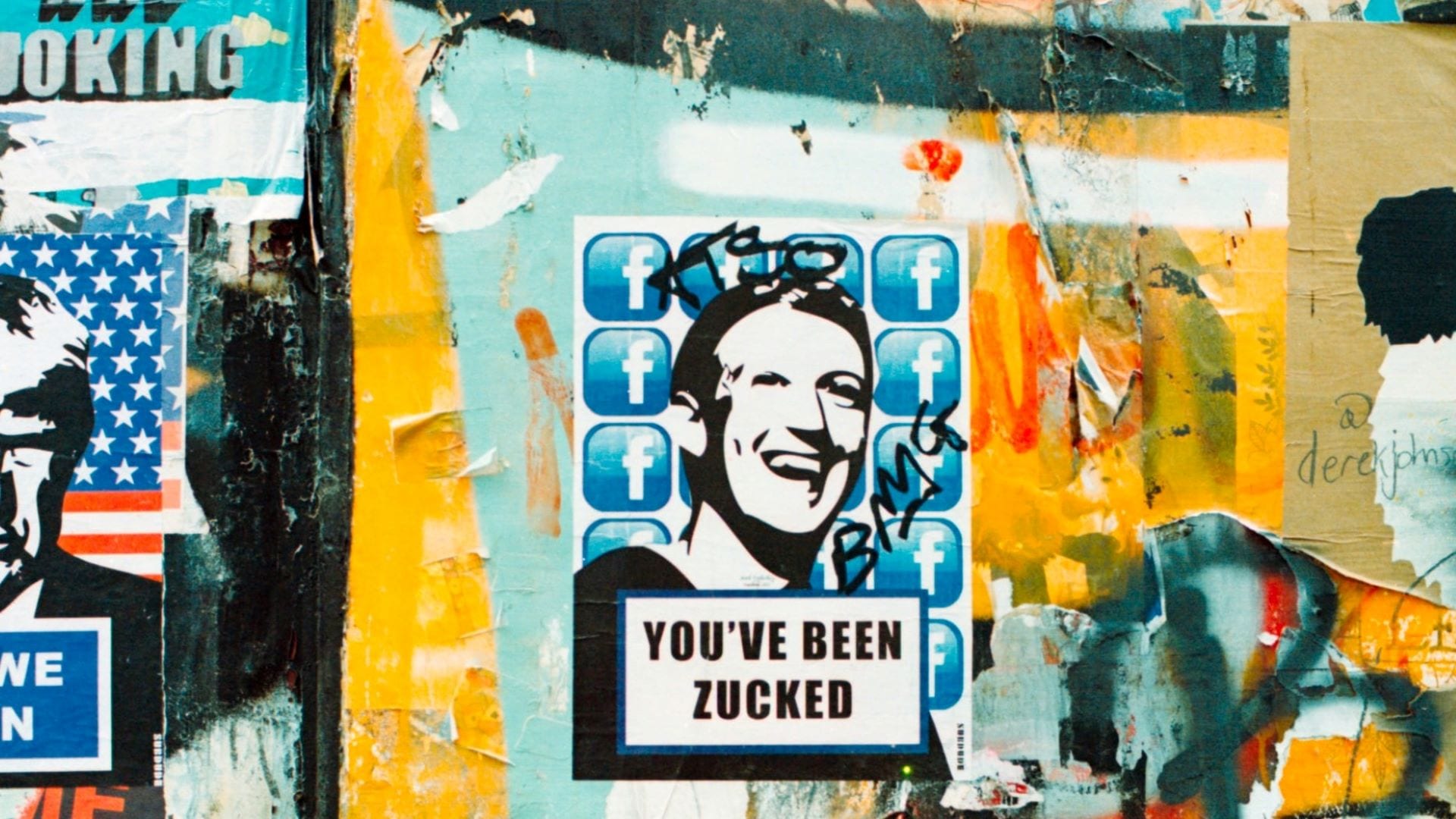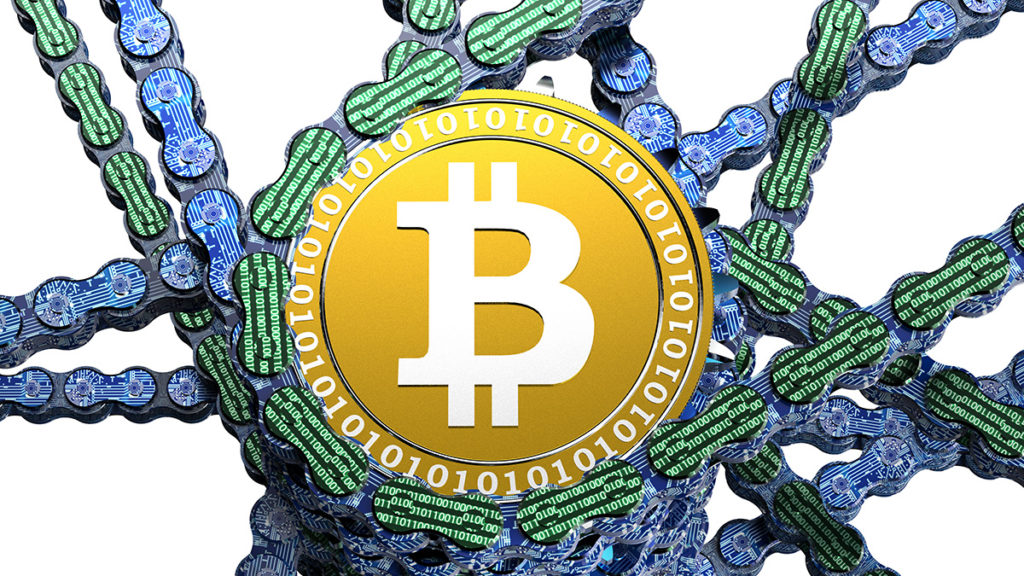Tag: internet


How Section 230 protects your online freedom
January 12, 2024 | Post
Section 230, part of the Telecommunications Decency Act of 1996, may sound like just any obscure piece of legislation, but it plays a crucial role in protecting your online freedom.
When Section 230 became law in 1996, it brought common sense to the table — content creators should be held responsible for their own words, not the platforms playing host.
However, in recent years, there has been significant pushback against Section 230 from figures across the political spectrum.

Bill C-11: how Canada’s algorithm power play stifles free speech online
September 26, 2023 | Post
For the Canadian Government, Bill C-11 heralds a fresh avenue for regulation and control. It is a mechanism for both reprimanding adversaries and rewarding lobbyists. Naturally, this government dominance over media comes at the cost of freedom and diversity of content online. Here’s what’s at stake…

Why Section 230 is vital for freedom of expression online
February 8, 2023 | Post
There was a time when the debate around Section 230 was limited to the underworld of D.C. tech policy folks, but this is certainly no longer the case. While this once obscure part of the Communications Decency Act was gradually becoming more of a discussion point, it was thrust into the mainstream when Twitter and Facebook banned Donald Trump from their platforms after he posted incendiary tweets. Here’s why we should defend Section 230…

Are major tech companies stifling free speech?
January 5, 2023 | Post
Technological advances have made it much easier for individuals to express themselves, but are major tech companies now stifling free speech?

How a telephone company used the government to monopolize an industry for decades
March 3, 2017 | Post
“Oh for the days of Ma Bell!” is not a lament we’re likely to hear. And for good reason. Before the breakup of AT&T, America’s telephone system was a government-sanctioned monopoly characterized by stagnant service offerings, high costs, and a glacial pace of consumer-facing innovation. So it was distressing when a federal appeals court engaged […]

How processing payments with Bitcoin is different than cash, banks
February 16, 2017 | Post
Arguably, the most interesting feature of the Bitcoin system is the way in which Bitcoin payments are processed. To make it clear why payments must be processed at all and how Bitcoin processes payments differently, I’ll look at processing payments with cash and banks before turning to bitcoin. Think about a cash transaction. Cash transactions […]

